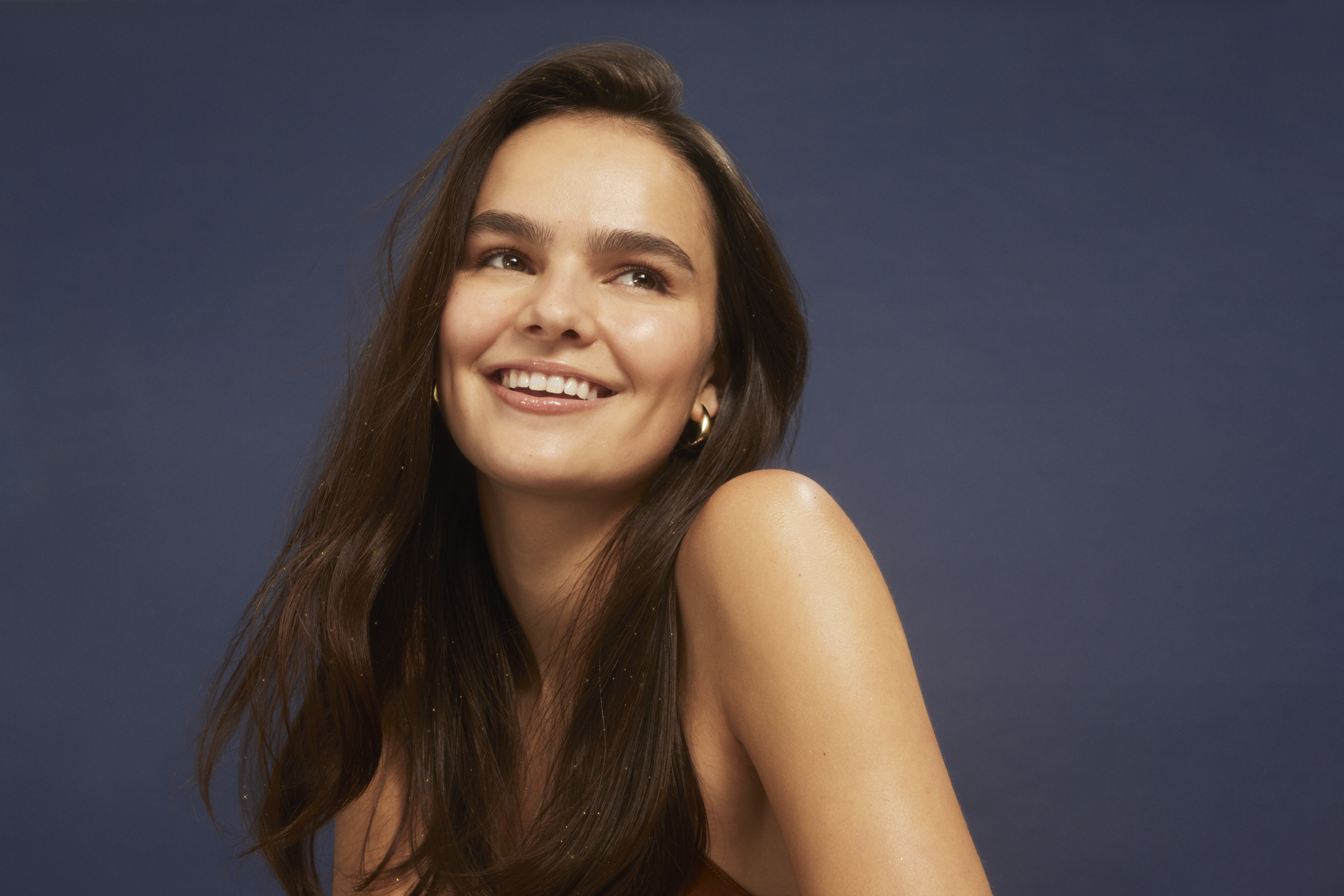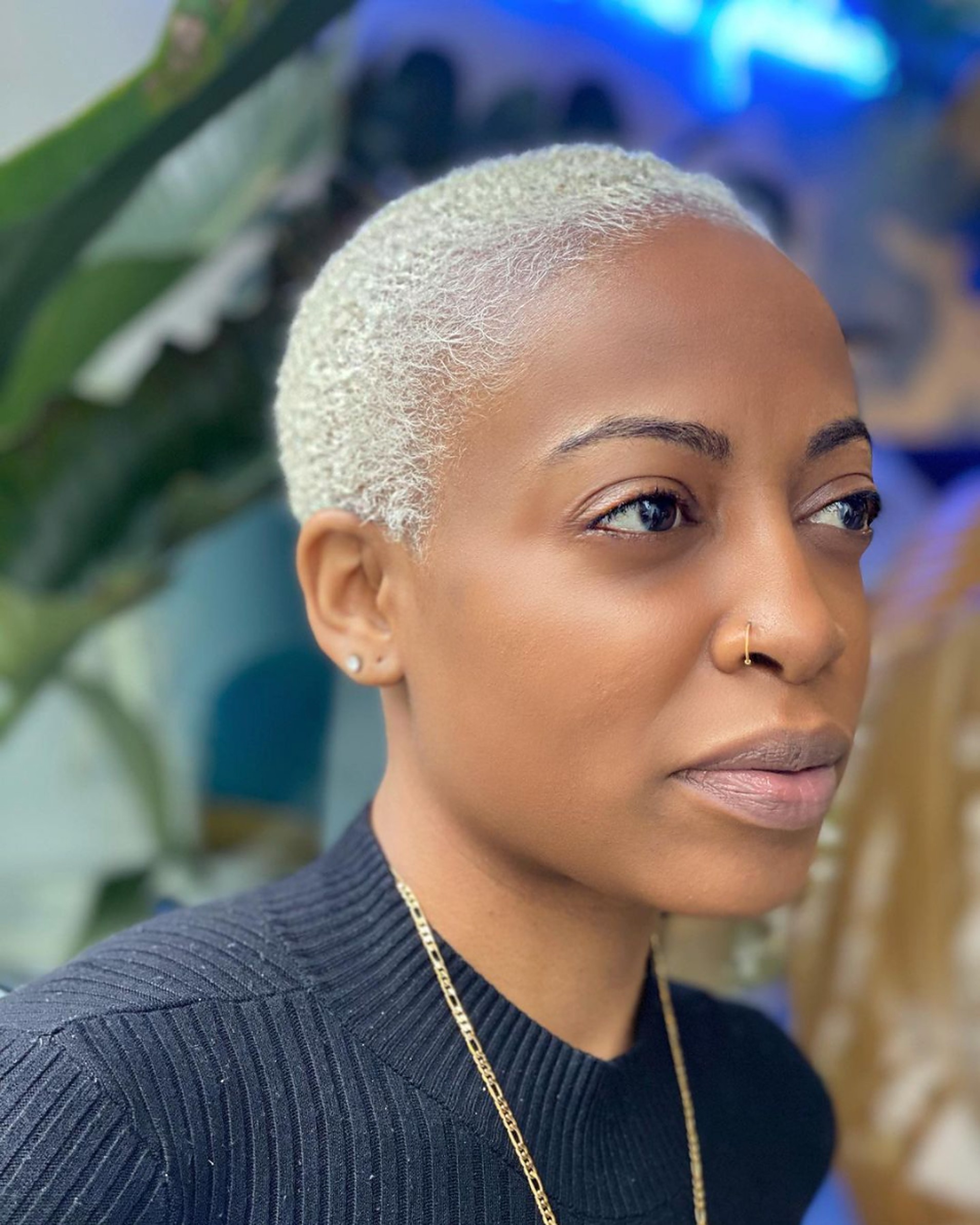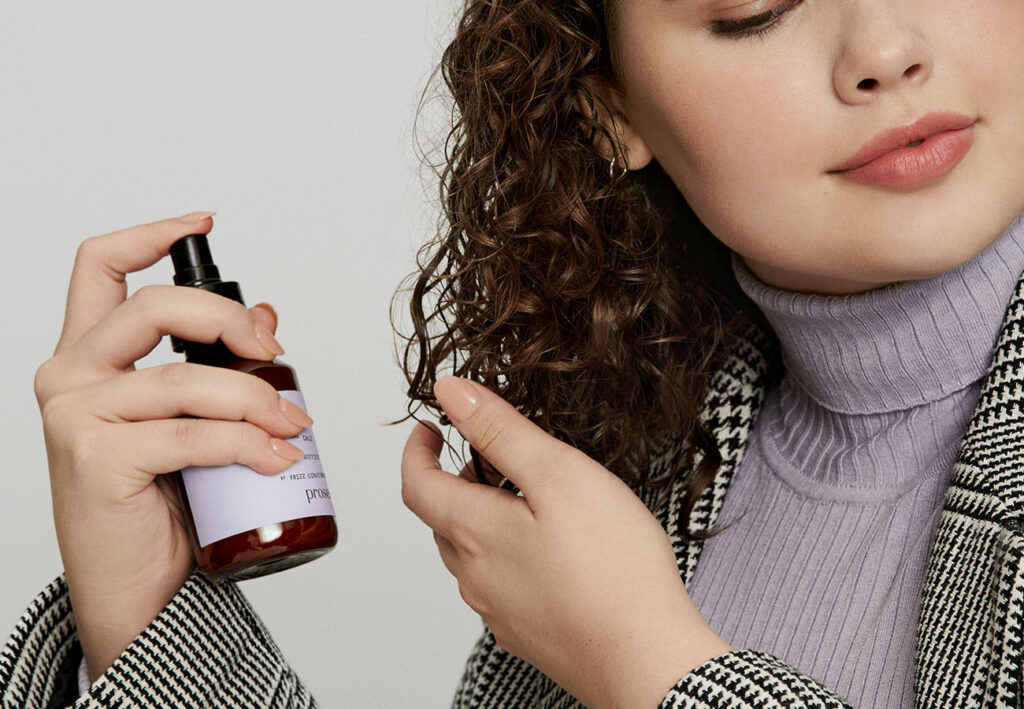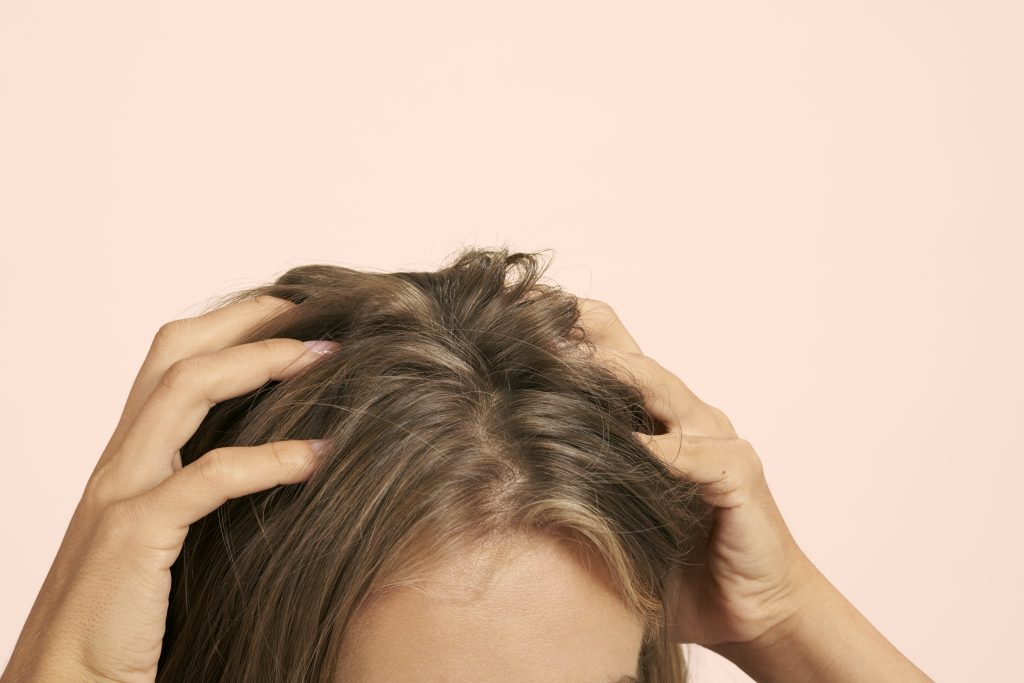All hair types can benefit from oil
It’s true! No matter what hair type you have, you’ll benefit from using a hair oil. The only catch is that it should be formulated to meet your hair’s specific needs.
Fine and oily hair
Those with fine or oily hair should look for lightweight oils to ensure that their hair won’t be weighed down. Most of the hair oils in the market are blends of silicones which are not suitable for oily or fine hair as they make hair limp. An example of a lightweight oil that’s perfect for fine hair is abyssinian, which adds nutrition without the extra weight.
Color treated hair
Not only are hair oils okay to use on color-treated hair, they can make hair look more vibrant and actually help the color last longer. Superfruit açai is a powerful antioxidant that protects color-treated hair from fading due to exposure to UV-rays as does chia oil, which is rich in vitamin E. In fact, some hair oils will even help with your color application. Oat oil also helps with fading, but as it is naturally rich in ceramides it reconstructs the cuticle so that, when used before you color, the dye that’s applied to the hair is locked in, and therefore lasts longer and looks shinier.
Why everyone can benefit
Each oil or combination of oils provides different benefits that are unique for each individual. Some oils, like argan, are deeply nutritive and work to repair strands from within, while others are more lightweight like abyssinian and will still add nutrition but won’t weigh down fine hair. It’s important to determine your hair type and needs before choosing a hair oil.
How to properly use hair oil
There are actually a couple of different ways to use hair oil and specific techniques that you should be using when applying it based on your hair type.
Hair oil as a styling product
Hair oils add a chic factor to any hair texture, makes hair look hydrated and can also help keep your look together, making it an especially great styler for braids, ponytails, upstyles and buns. It does this by collapsing the hair and adding more control to strands.
Hair oil as a deep conditioner
Hair that’s craving hydration is the prime candidate for a reparative hair oil treatment. Use an oil like shea or argan before you shampoo. Add to lengths and ends for anywhere from five to twenty minutes depending on your hair needs and then rinse thoroughly. For a more intense treatment, leave on overnight.
How to apply hair oil
Once you’ve figured out why you’re using a hair oil, applying is easy. Whether you’re applying hair from roots to ends as a deep treatment for dry or damaged strands, or using it sparingly for touch ups between washes depends on your needs and hair type. With oils, less is always more. It’s easier to continue to add oil as needed than to remove excess. However, if you do over-apply, don’t worry. Dry shampoo or a texturizing spray can help balance it out.
Why custom hair oil is the answer
Besides the obvious reason that custom hair care products are specifically made for you, Prose’s hair oil also has a positive, global impact.
The social and environmental impact
When choosing priority oils, our team studied 300 oils before landing on 30, sourced from all over the world, and chosen for their effectiveness across hair types as well as for their sustainability. We wanted to make sure our oils have a positive social and environmental impact, for example, our argan oils come from The Women Cooperative Miracle and our maracuja oil comes from seeds discarded from the food industry.
Our sustainable oils
Some of the Prose sustainable oil allstars include Barbary fig seed oil from Morocco, avocado oil from Peru, Kalahari melon seed oil from southern Africa, ungurahui fruit oil from the Amazon rainforest and plum oil from France.
Our fig seed oil is harvested from the Barbary fig tree, which is actually a cactus. It has a positive environmental impact by slowing down water flow and allowing for water infiltration, and is a long term solution for ground fertility and erosion. Additionally, sourcing and growing the production of this oil does not require large quantities of water. Similar to our argan oil, our barbary fig seed oil is also sourced from The Women Cooperative Miracle.
The avocados used to produce our avocado oil are supplied from remote valleys that are difficult to access, which stimulates the local economy and reduces rural exodus. This oil is produced by cold-pressing full, dried fruits.
Our kalahari melon seed oil is sourced from fair trade producers that belong to associations of women cooperative that help about 5,000 rural women to increase their household income through the sale of natural products. Traditionally, this oil has been used as a moisturizer to protect the skin from sun and ensure a blemish free complexion.
The production of our ungurahui fruit oil begins when the palm tree it comes from is three to four meter high, which is after about six years of growth. The fruits are wild harvested and collectors climb the trees to get them in a safe way and to prevent the trees from being cut down, which aids in the fight against deforestation.
As for our plum oil, the plums are grown in the Gascony region of southwest France, where the Prune d’Ente trees produce the sweetest plums in Europe (and many would say, the world). These plums are usually dried into pruneaux d’Agen, or Agen prunes known for their rich, luscious flavor. The oil itself is extracted by cold pressing the plum kernel almonds. The process itself produces zero waste, right down to the fragrance itself. As it has a very pleasing natural fragrance, it doesn’t need to be deodorized, meaning there is one less step in the production process. The delicate almond fragrance is especially great as a natural option for those who prefer fragrance-free formulas.
Why customization works
Oil behaves differently on different hair types. We selected a wide range of oils from the most lightweight to the most nutritive to ensure your hair needs. By going custom, we are able to create a blend that matches your hair type and needs.






